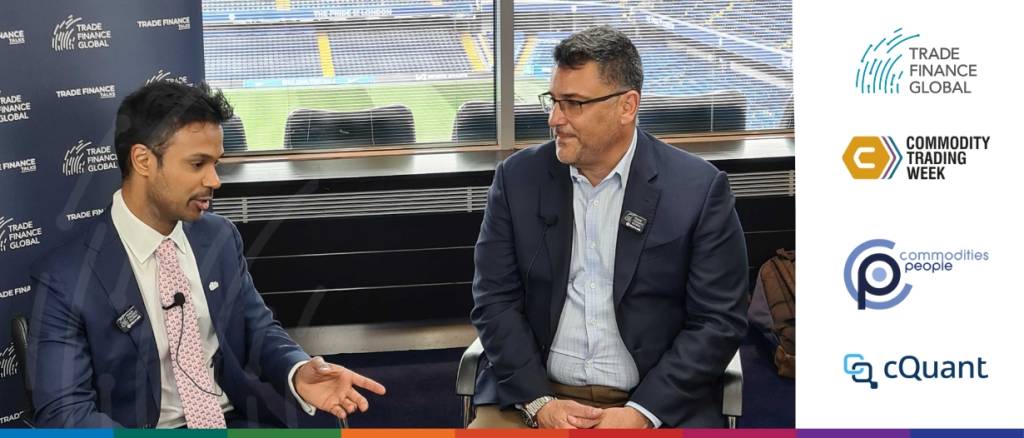The European factoring industry saw a continuation of growth in 2023, albeit at a reduced pace compared to prior years.
In light of the current global energy crisis characterised by rising fuel prices and geopolitical tensions, support for the energy sector – especially in the clean energy space – is critical.
Emirates NBD, in partnership with DP World Trade Finance, Enigio, and iBind, has successfully completed a PoC on digitally native trade documents.
In today’s fast-paced and ever-changing world, the capacity of organisations to keep up with and manage risks across their supply chains depends on their ability to leverage on digitalisation to collect, analyse, and use electronic data to ensure the stability of global supply chains.
Factoring in Africa allows businesses to sell their accounts receivable at a discount to gain immediate cash flow, is gaining traction across the continent, buoyed by significant growth and the support of institutions like Afreximbank and FCI.
Today, Visa announced a partnership with Western Union, helping increase cross-border payments access 40 countries spanning five regions.
Customs compliance obligations have to be met when importing and exporting goods to ensure that the documentation related to the accompanying goods is generated in adherence with the legislation of the importing and exporting countries.
Learn why data is crucial in navigating geopolitical & sanctions risks within the payments space, ensuring compliance & financial integrity.
Learn about the debt crisis that African governments are facing & the need to renegotiate debts in order to avoid defaulting.
Explore the modern concept of commodity finance. Learn about trades, costs, and the power of commodities in today’s markets!
























